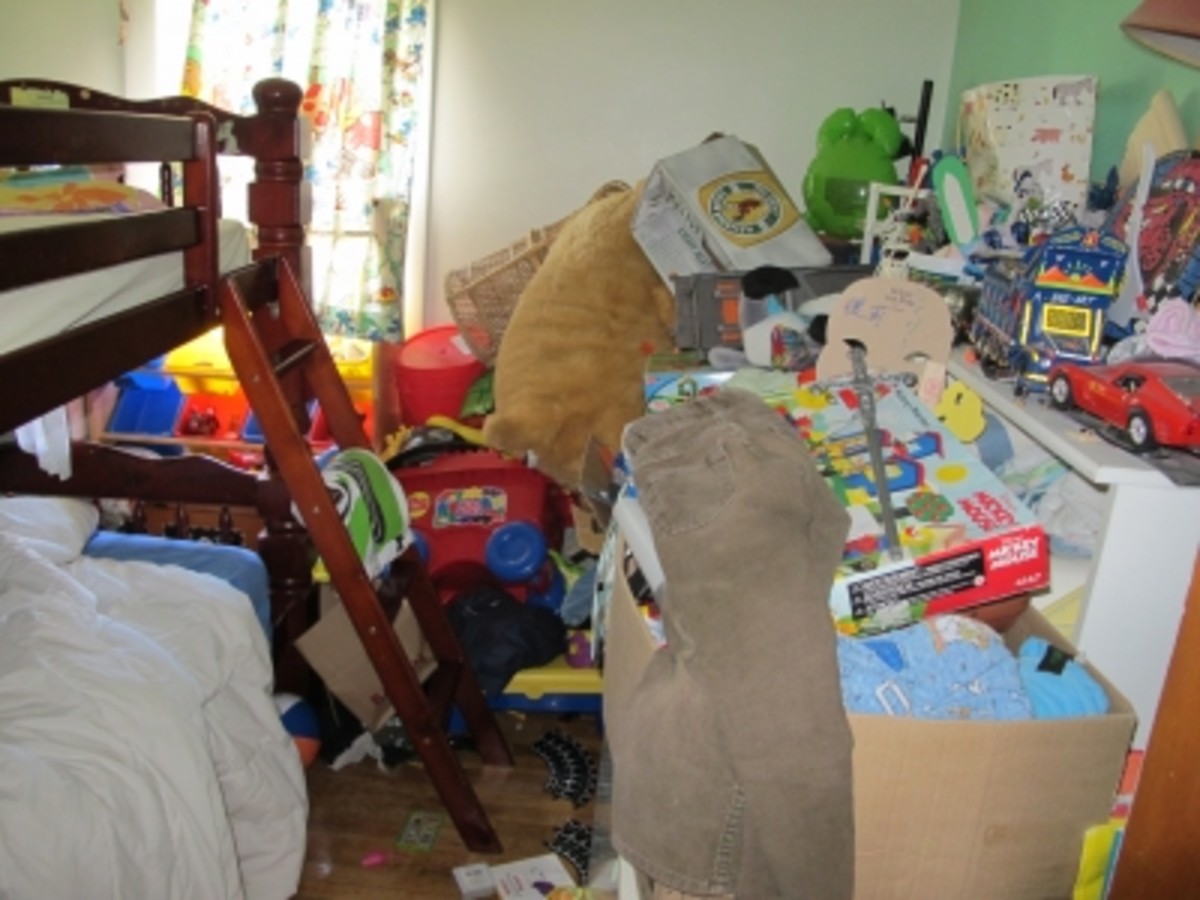Inspect Your Tenant Apartments Before You Re-Finance Your Mortgage

Recommended Reading

Why Inspect My Property?
An inspection of your tenant apartments will show needed repairs and maintenance. Also, funds for any needed damage work should be included in your re-finance numbers.
Get Enough Funds for Everything Your Property Needs
Low interest rates continue to encourage homeowners to re-finance their property. Owners use the extra cash to pay off credit card debt, complete needed exterior repairs, replace porches, upgrade electrical wiring, install a new roof, de-lead the house, renovate kitchens and bathrooms, and similar large maintenance work.
When you decide to invest in your real estate, you need to think about upgrading your occupied apartments as well as your vacancies. The condition of your residential units is part of the market value of your house or building. If it is in bad shape, it could lower the potential sale price. If it is good condition, it adds to the stability of your financial investment.
You also do not want to be in the position of having to do a complete renovation of the tenant's apartment after a move-out. If there are amenities you can add to enable you to raise the rent, such as ceiling fans, new kitchen tiles, or a new stove, do it. When you have the money, consider upgrading key areas of the apartment building. Add exterior lighting. Upgrade the heating system. Go to your local public library and review your state building code to see if the laws have changed for residential housing standards, such as the height of porch banisters.
When was the last time you saw the inside of your tenant's apartment? Do you know what condition it is in? How long has the tenant lived there? The answers could impact how much money you will need to upgrade and request to the bank.
Homeowners have an obligation to review and maintain the upkeep of their occupied and vacant units. Doing an annual apartment inspection helps you stay abreast of the condition of your investment. Once you give at least 48 hours of advance written notice to your tenant, go in with a pen and notebook, digital or video camera, and record what repairs need to be made. Also notice large replacement work needed. For example:
- Are there illegal bars on your tenant's windows that need to be removed or replaced according to the state fire codes?
- Do you have an elderly or disabled tenant who could benefit from hold bars in the bathroom by the toilet and tub?
- Are the ceilings and walls cracked from the building settling? Does the apartment need any patch and paint work?
- Do you have a mold or lead paint problem? These are essential upgrades
- Are there a lot of extension cords, indicating a need for additional electrical plugs?
- Do the light fixtures need to be replaced?
- Is there a GFI electrical (safety) switch in the bathroom and kitchen, which may be a part of your state housing or building code?
- Did the tenant have a roof leak and the water damage from it never got repaired?
- Does your property need new windows, or storm windows and doors?
If a needed repair has been caused by damage to the apartment, rather than wear and tear, you can charge the tenant for the repair cost. The point of the apartment inspection is to review the overall condition of the apartment at least once a year.
You want to know if your apartments are in as good a shape as the exterior of your property. The inspection can and should be used to determine your needs as part of your re-financing request.
Once you evaluate your building and unit needs, talk to contractors for estimates and proposals, and calculate the overall costs. Include labor, materials, equipment, and building permits in your costs. That will tell you how much money you require to re-finance, in addition to any other fiscal needs you are looking to resolve. As stated before, if you complete substantial renovations at your property, you can recoup the expenses through your decrease in mortgage interest costs, or a rent increase on the units impacted by the renovations.
In Summary, think about upgrading the entire real estate with re-finance money. Do not forget that the condition, as a whole, of your rented apartment(s) is what makes your property valuable to you as the owner, real estate investor, and to potential buyers. A good research of what it would cost to upgrade or repair your residential units, as part of your total re-financing needs, is never a waste of time. It could also save you money in the long-term stability of your investment.
This content is accurate and true to the best of the author’s knowledge and is not meant to substitute for formal and individualized advice from a qualified professional.
© 2010 Carolyn Gibson










